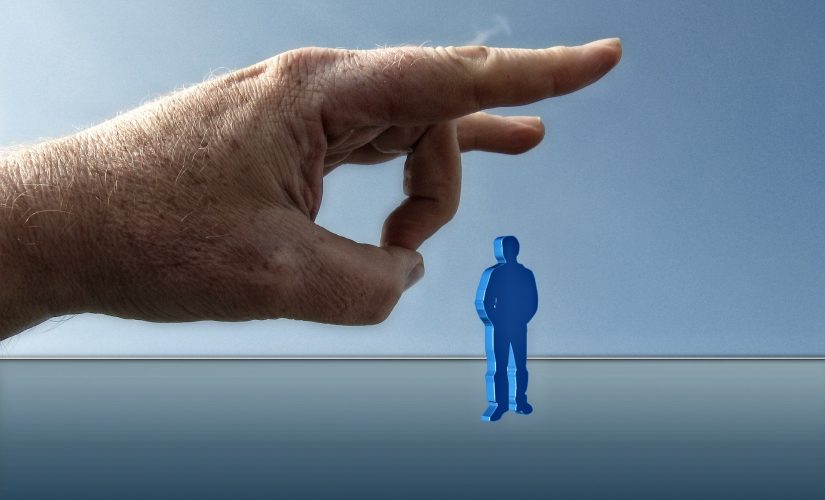No matter what language is used to describe you losing your job, it will always remain an uncertain and stressful time. It can be upsetting and worrying at the best of times, and it’s easy to let your mind run loose with all the negative possibilities of what’s going to happen next. However, learning the facts about what’s happening can seriously help you gain some peace of mind.
With this in mind, today, we’re going to focus on two terms you may have heard and may even be dealing with right now. Laid off and fired. You probably have some idea of what they mean, but today we’re going to clear up any doubts you may have and ensure you’ve got the facts you need to know when it comes to being laid off vs. fired.
The Key Differences Between Being Laid Off and Fired
Whenever the term ‘laid off’ is used, this usually refers to the situation in which an employee loses their job, but it’s at no fault of their own. This is technically described as someone being in a working position where the position is no longer necessary or needed, but this can sound a bit disheartening.
Let’s say, for example, a company you’re working for goes bankrupt unexpectedly, and you lose your job, or the company has run out of money to pay its staff. In a situation like this, the company could lay you off because you haven’t done anything wrong. Some other reasons why a company may lay staff off include;
- The company is downsizing.
- The company is reorganizing itself.
- The original contract of the employee has been lost.
- The business is changing its needs.
- Another company has acquired the company.
- And many more.
Usually, being laid off means the employee will be entitled to some benefits, such as a severance package that allows the employee a bit of a safety blanket now that they’re going to be looking for another job.
So, if being ‘laid off’ refers to a situation where someone has lost their job, but it’s at no fault of the employee themselves, being fired is the polar opposite.
Being fired means the company is letting you go from a working contract because the employee has done something wrong. This could be for any number of reasons, including but limited to;
- The employee has a record of poor performance.
- The employee has broken the rules of a company contract.
- The employee has broken company policy.
- The employee has discriminated against or abused another member of staff or customer.
- And so on
When being fired, the responsibility is pretty much always in the hand of the employee who’s being fired.
Summary
As you can see, there are some clear differences between being laid off and being fired, and they can be easily defined by looking at who is responsible for the action taking place. If you’re confused about which you are and what will happen next, then it’s highly recommended that you speak with your HR manager or manager to clarify, although it should be fairly obvious in most cases.




